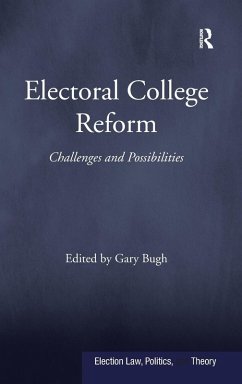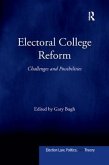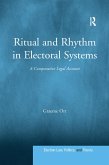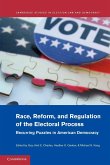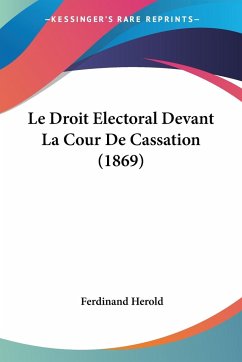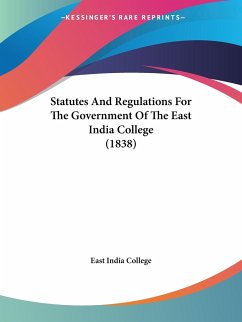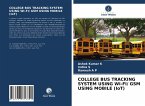The United States has not updated the Electoral College system since the Twelfth Amendment was ratified in 1804, despite public opinion polls showing a majority of Americans are in favor of changing or outright abolishing it. So why hasn't the United States reformed this system? Electoral College Reform brings together new essays examining all aspects of this crucial debate, including the reasons for reform, the issues surrounding a constitutional amendment, the effect of the Electoral College on political campaigns and the possibilities for extra-constitutional avenues to change. The authors consider both the Federalists' vision of balanced representation and a more democratic and equality-based ideal. These competing frameworks, perhaps more than any other factor, account for centuries of American indecision on this key issue. By offering an unprecedented and carefully researched analysis of an always controversial subject, this volume explores the potential for changing a system that many contend is long overdue.
Hinweis: Dieser Artikel kann nur an eine deutsche Lieferadresse ausgeliefert werden.
Hinweis: Dieser Artikel kann nur an eine deutsche Lieferadresse ausgeliefert werden.

